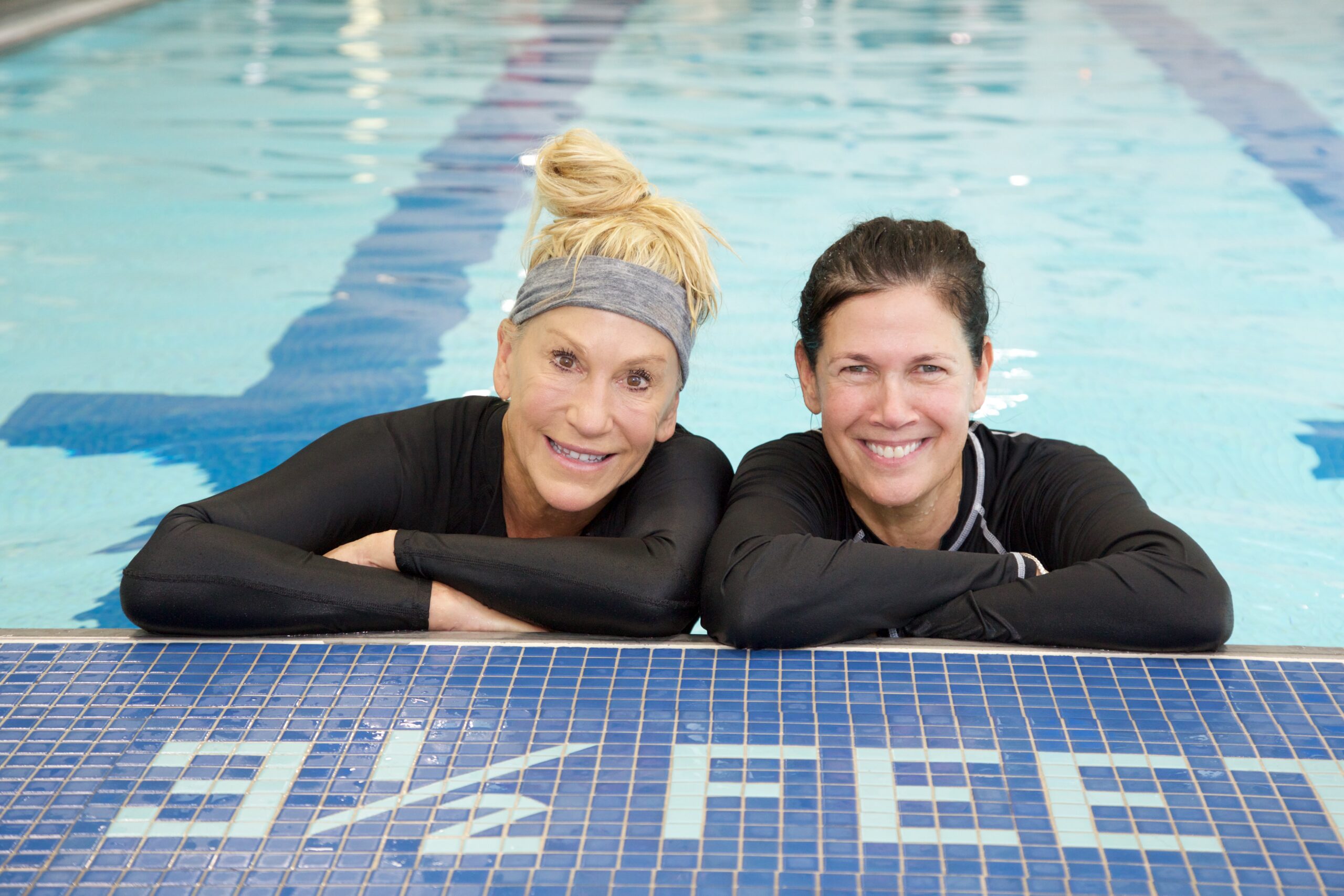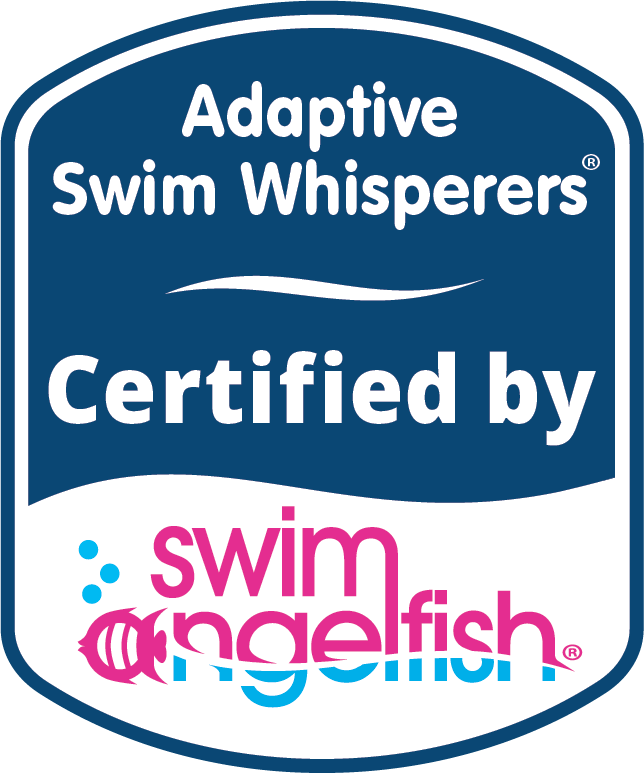Discover how important life skills can be nurtured, as we explore the multiple benefits of choosing aquatic therapy or swim lessons for individuals with Angelman Syndrome (AS).
Aquatic therapy and adaptive swim offer a unique and effective way to address the sensory-seeking behaviors and motor challenges characteristic of Angelman syndrome. This approach can positively impact self-regulation, improving social interactions and communication, especially in the pool environment. Developmental disorders like Angelman syndrome often affect behavior, social interaction, and communication, making traditional therapies challenging. However, aquatic activities provide a valuable alternative to address these difficulties.
What is Angelman Syndrome?
Angelman syndrome is a rare neuro-genetic disorder that impacts the ability to achieve traditional developmental milestones, particularly affecting language and communication acquisition. Vocalizing and producing meaningful words poses challenges for individuals with Angelman syndrome, hindering their ability to speak and indicate their wants and needs. Slow, controlled motor movements can be interrupted by ataxia, resulting in balance and movement struggles. This often necessitates 24-hour supervision and assistance for activities of daily living.
Angelman syndrome shares similar characteristics with other disorders, such as autism and cerebral palsy. Individuals with Angelman syndrome generally exhibit a happy demeanor and can appear excitable.
Water Safety for Angelman Syndrome
Individuals with Angelman syndrome often exhibit a strong attraction to water, leading them to seek out and wander towards any water source, like bathtubs, puddles, or even streams. This natural attraction to water can unfortunately increase the risk of accidental drowning. That’s why it’s crucial to talk about water safety specifically for individuals with Angelman syndrome, so we can help keep them safe.
Ataxia, a common symptom of Angelman syndrome, presents a significant challenge to water safety due to its impact on balance and coordination, making safe movement and effective swimming difficult. However, the viscosity of water can be beneficial in mitigating ataxic movements. Moving against the water’s resistance can slow down tremors and shaking. Introducing symmetrical underwater strokes, such as sculling or finning, provides a valuable starting point for improving balance and coordination in an aquatic environment.
Adding to the complexities of water safety, individuals with Angelman syndrome can experience seizures. If an individual were to experience an unexpected seizure while in or near water, the risk of drowning becomes drastically higher. Therefore, clear communication with parents and a comprehensive seizure management plan are crucial to ensure a safe aquatic experience.
Furthermore, many individuals with Angelman syndrome have limited or absent verbal communication, hindering their ability to call for help if they encounter difficulties in the water. While they may vocalize or produce sounds, they are unlikely to be able to articulate a clear call for assistance, such as “help.”
All of these factors combined mean that people with Angelman syndrome are at a much greater risk of drowning compared to the general population. This highlights the absolute necessity for constant, vigilant supervision whenever they’re near any body of water, no matter how small.
Part of our mission at Swim Angelfish is to help improve water safety for swimmer of all ages and all abilities. Creating a supportive, understanding environment where water safety skills can flourish.
Swimming skills can significantly enhance self-regulation, physical development, and quality of life for individuals with Angelman syndrome. Given their increased fascination with water and the heightened risk of accidental drowning due to motor impairments, seizures, and sensory-seeking behaviors, swimming skills can be life-saving.
Adaptive swim lessons foster vital water safety awareness as they provide parents and caregivers with a structured routine for supervision and vigilant monitoring of their child. Given their fascination with water this is extremely important to help keep them safe.
Working in the water, with and without equipment, can improve independent movements while fostering a positive and functional relationship between the child and the water.
Benefits of Swim Lessons for Angelman Syndrome
Aquatic therapy offers a unique and highly beneficial approach for individuals with Angelman syndrome, addressing many of the core challenges they face.
The buoyancy and resistance of water provide a supportive environment that can significantly improve motor skills impacted by ataxia. In the water, individuals often find it easier to coordinate movements, strengthen muscles, and improve balance, leading to increased mobility and functional independence. This enhanced physical capability translates to improved confidence and a greater ability to participate in daily activities.
The combination of physical, sensory, and motivational benefits makes aquatic therapy a powerful tool for promoting development, enhancing quality of life, and fostering a sense of accomplishment in individuals with Angelman syndrome.
Benefits of Aquatic Therapy for Angelman Syndrome
Our Swim Whisperers® Adaptive Aquatics Training Program is the only Adaptive Aquatics Training program that uses a therapeutic approach to assess, identify, and overcome the roadblocks that are present in children with special needs while learning to swim.
In the video below, you’ll get an inside look at an adaptive swim lesson with one of our amazing swimmers who has Angelman syndrome. This swimmer has a particular attraction to the water, and we use various techniques to ensure a safe and effective experience.
From physical assistance and sensory input to practicing prone floating and developing emerging swim skills like front crawl, we’re focused on helping this swimmer make progress while having fun in the pool.
You’ll also see how we incorporate special equipment like dumbbells and neck collars to give the swimmer some independence, all while working closely with the parents to adapt the lesson to her specific needs.
We can help you find a qualified instructor or aquatic therapist to help your child with Angelman syndrome become safer and more independent in the water.
We have highly skilled instructors certified in the Swim Whisperers® program who will work with your child to identify and address any underlying obstacles that they are experiencing with learning to swim. The 14 Universal roadblocks explained in the methodology will offer a toolbox of strategies for all swim instructors and aquatic therapist to seamlessly integrate into their lessons
We also have licensed aquatic physical, occupational and recreational therapists who will use a fun, innovative multi-sensory approach to reach specific therapy goals. We offer private, semi-private and small group sessions across multiple locations in CT, MA, NH and NY.
You can advance your swim instructor skills today! When you get certified through the Swim Whisperers® Adaptive Aquatics Training Program, you will have access to proven and time-tested course material, strategies and techniques that will help to transform your ability to teach individuals with special needs.
We have multiple resources available to help you protect and respond to improve water safety and drowning prevention, ensuring that everyone can enjoy aquatic activities in a safe and inclusive environment.
Dive into our Parent Tips free mini-course, the extensive variety of informative Swim Angelfish blogposts, our Adaptive Water Safety Toolkit, and our comprehensive online training courses.
These are essential resources for aquatic professionals, parents, and caregivers in supporting aquatic education and drowning prevention for special needs families and local communities.



